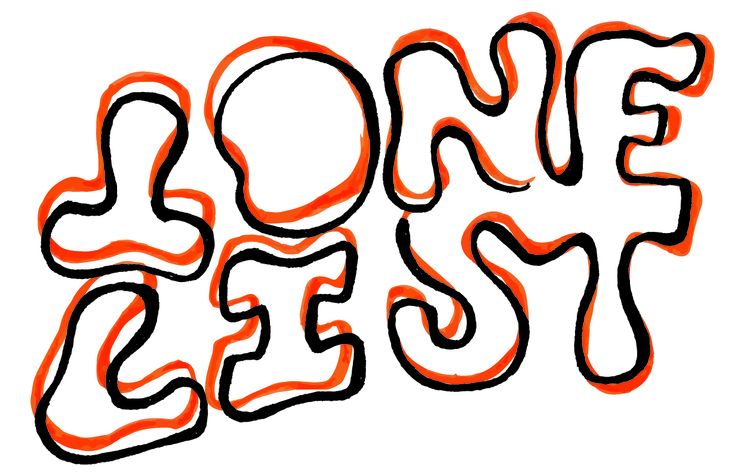The same questions, asked to different improvisers in Perth. Credit for the idea, and some of the questions, goes to the amazing Addlimb archive.
Photos by Neil Francis & Laura Strøbech respectively.
1. What led you to improvised music?
A difficult question! I feel like I have been improvising with sounds and music since I’m a little kid.
2. What instrument or equipment do you use to improvise, and what is your relationship with this equipment?
I play guitar during shows and use a metal slide, an ebow or attach small objects on the strings. The guitar switches and short strings around the tail are also great to play with. I am interested in highlighting the physicality of the instrument.
3. What keeps you improvising? What do you think makes this music important, either personally, socially, politically, etc.
I enjoy the process of it, making decisions and then playing with their limits and possibilities. Improvisation to me is all embracing: the serious, the silly, the physical, the spontaneous, the environment, etc., everything is at the same level and accepted in non-judgemental ways. It is a very immediate way of making music and establishing connections with people.
4. What are your feelings on the relationship between planning and spontaneity in improvisation?
Many times I will make a decision and its course is still unknown. I think it is very difficult to pull them apart, perhaps planning and spontaneity need each other.
5. How do you evaluate or reflect upon improvisations you’ve played? How does the evaluation of a recording differ from the evaluation of a performance?
After the set is done it is very confronting being ‘on stage’ in front of people because you enter a weird zone in your mind. It is as if all life has been condensed into those 20 or so minutes. Yet, when I listen back to recordings I can spot my ‘bag of tricks’ or wonder if I should have slowed down at times… but that’s the composer’s mind asking questions. Failures are interesting too.
6. Do you think there is room for discursive (as opposed to non-discursive) thought in improvisation? Can discursive thoughts whilst playing be productive rather than distracting, and if so, do you have an idea as to when this might be the case?
My attention is always shifting. Me and the people I play with are trying to create a sound spectrum while accepting the unpredictable. I don’t think I can disentangle a process of this nature!
7. Can you name three albums/pieces/experiences that inspired you to start improvising, and three that are currently inspiring you?
Discovering the music and ideas of Pauline Oliveros, John Cage and Edgar Varese broadened the meaning of music for me and this led me to improvise the way I do now.
Currently I am inspired by the community-minded work of Jim Denley; local artist Furchick, someone with an amazing creativity and listening skills; and my pals in the local experimental scene, the thought of collaborating with them is what really keeps me going.
8. What do you feel should happen next to see further growth in exploratory music practice in Western Australia?
I like the idea of music-making as a daily activity, away from institutions or venues. Non-conventional places can be used for this, the idea is to make music something that is relevant, something that everybody can tap into, even if you have never sang or played an instrument before. We tend to live strict lives where every space has a specific function, I believe outdoor performances can help subvert this codified lifestyle. To do this, musicians should start thinking of themselves as community leaders.



